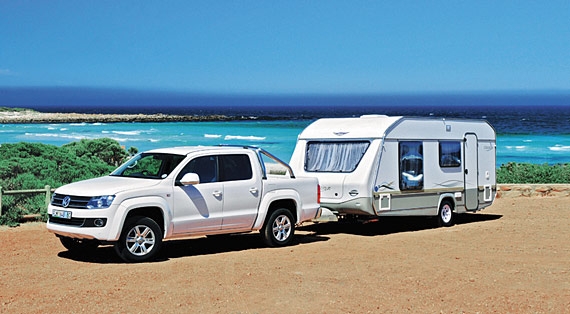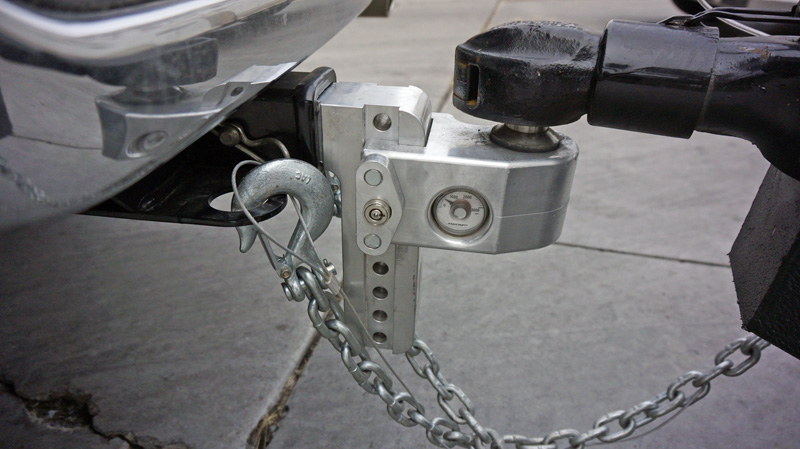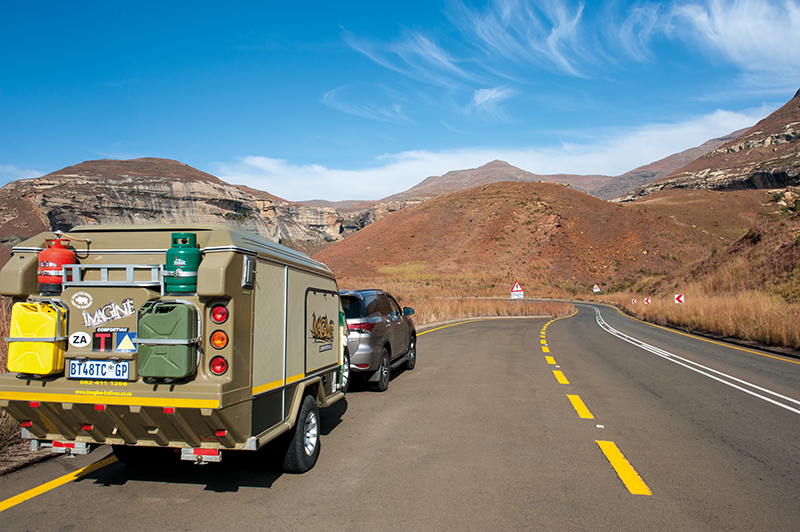 Please don’t confuse towing a trailer with driving a car. They only seem the same.
Please don’t confuse towing a trailer with driving a car. They only seem the same.
If you are preparing to tow a trailer or caravan, you need to make sure you know what you are doing. The first and most important step is to ensure that both the trailer and tow vehicle are properly rated for the load to be carried.
Should the proposed tow vehicle be rated by the manufacturer to safely tow up to 750 kg, pulling a double-axle caravan fully loaded with camping gear across the Drakensberg Pass is not recommended. At bidorbuy.co.za, you will find a wide range of towing vehicles, from sedans and SUVs to normal double-cab bakkies and minivans.
A proper hitch and receiver are the next essential component needed. Many pickups and SUVs such as the VW Amarok come factory-equipped with a Class III hitch, which is the most popular class of hitch and can tow just over 2250 kg. But if you drive a sedan, you will need to make sure your hitch can carry the weight of the trailer.
Other stuff you need to remember for any towing trip:
Emergency gear
Triangular reflector
Reflector jacket
Extra tie-down
Hooking up
 Before you hit the road, you need to do some checks, making sure that your trailer is safely secure to your car’s hitch. For a regular ball hitch, the tongue on the trailer should be properly attached to the vehicle hitch, with the locking mechanism snapped and lock pin in place. Don’t forget to jack up the jockey wheel.
Before you hit the road, you need to do some checks, making sure that your trailer is safely secure to your car’s hitch. For a regular ball hitch, the tongue on the trailer should be properly attached to the vehicle hitch, with the locking mechanism snapped and lock pin in place. Don’t forget to jack up the jockey wheel.
If your trailer is double-axled or perceived as large, I suggest you make use of a sway control bar.
Tires
To ensure that your tires are doing their job, inflate them to the manufacturer’s maximum recommended cold pressure. On long trips, heat is the tires’ enemy. Smaller tires on a lightweight trailer should be check throughout the trip, because the tiny outside diameter means they spin faster. I also recommend you inflate your tires with nitrogen. Why, you ask? Because nitrogen is less likely to migrate through the tire rubber than is oxygen. This will help tire pressure stay more stable over the long trips. It’s also found that tire filled with nitrogen exhibits less pressure change with temperature swings.
On the road
When towing, everything you do while driving needs to be done at about half the speed when compared to driving without a trailer. When you turn, you need to go with a wider angle and slower. When you accelerate, do it much easier. When you brake, allow yourself more than double the space to stop. And when you change lanes, allow room for your vehicle and the trailer.
Taking everything into consideration, towing a trailer is not a easy job and should not be attempted without checking everything mentioned above.










